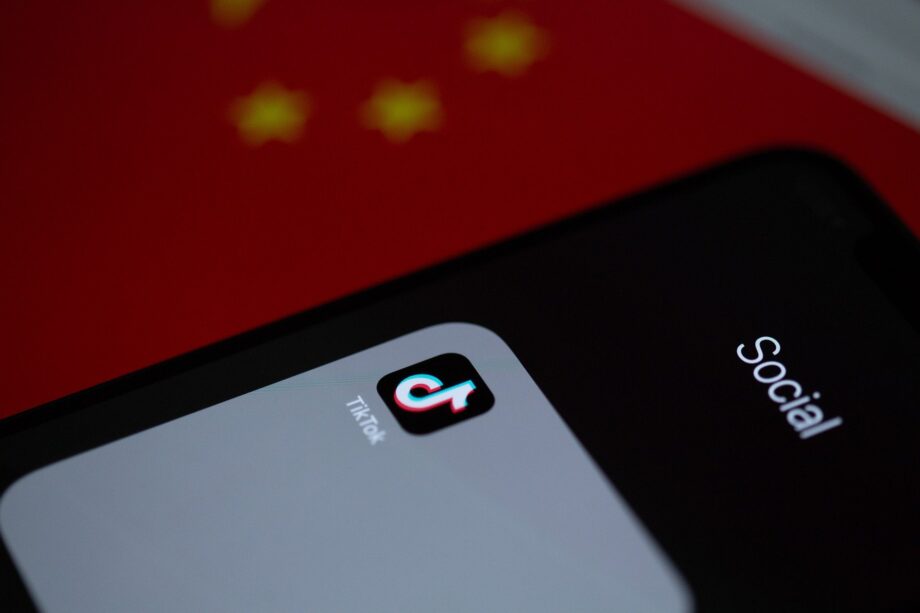- TikTok fights US ban, arguing violation of free speech rights
- US plans to ban sale of Russian antivirus software due to Kremlin links
- Sony cuts funding for PlayStation VR2, only two first-party titles in development
- Apple releases Final Cut Pro for iPad 2 and Final Cut Camera
- Plusnet customers using mobile service must switch providers to keep number
TikTok Fights US Ban
In a bold move to protect its operations in the United States, TikTok has initiated legal action against the US government’s mandate for its Chinese owner, ByteDance, to sell off its US operations. The company argues that this requirement infringes upon the rights of Americans to freedom of speech. This legal battle stems from a directive issued in April, giving TikTok and ByteDance until January next year to divest TikTok in the US or face the looming threat of a ban on the popular video-sharing platform in the country. This decision, signed by President Joe Biden, grants the US government the authority to demand such sales on grounds of national security.
The news of TikTok fighting against the ban has sparked a debate on the implications of such actions on the landscape of social media and international business relations. The case is being closely monitored by industry experts and users alike, as it could set a precedent for how technology companies navigate geopolitical tensions and regulatory challenges in the modern digital age.
Sony Cuts Funding for PlayStation VR2
Amidst the buzz surrounding the anticipated release of PlayStation VR2, reports have surfaced claiming that Sony has significantly reduced its funding for the virtual reality headset. According to sources cited in a report by Android Central, the tech giant is scaling back production for the VR peripheral, with only two first-party titles currently in development. This news comes as a disappointment to many fans who were hoping for a robust lineup of games and experiences to accompany the launch of the new VR system.
Related Video

The decision to cut funding for PlayStation VR2 raises questions about Sony’s commitment to the virtual reality market and the future of immersive gaming experiences on the PlayStation platform. As competitors continue to invest in VR technology, Sony’s strategic shift may have broader implications for the industry as a whole.
Apple Releases Final Cut Pro for iPad
Apple has made waves in the creative industry with the release of Final Cut Pro for iPad 2 and Final Cut Camera. These long-awaited apps were unveiled during the company’s iPad event in May and have now been made available to users. The iPad version of Final Cut Pro has been updated to leverage the new iPad Pro with an M4 chip, enabling faster rendering and enhanced support for ProRes RAW formats.
The introduction of Final Cut Pro for iPad marks a significant milestone for mobile video editing, empowering users to create professional-quality content on the go. Apple’s commitment to enhancing its creative tools underscores the growing demand for mobile-first solutions in the digital content creation space.
Right-to-Repair Movement Gains Momentum
The right-to-repair movement has gained traction in the tech industry, with companies like Apple and Samsung taking steps to make their devices more repairable and sustainable. However, a new player in the market, Nothing, is set to take this concept even further. In a teaser campaign for its upcoming CMF Phone 1, Nothing has hinted at including repairability features by showcasing a screwdriver symbol.
This move by Nothing signals a shift towards more user-friendly and environmentally conscious product design, catering to consumers who value longevity and repairability in their electronic devices. As the debate around sustainability and consumer rights continues to evolve, the right-to-repair movement is poised to shape the future of the tech industry.
The tech landscape continues to witness dynamic shifts and challenges, from legal battles over data privacy and national security to strategic decisions impacting the development of cutting-edge technologies. As companies navigate these complexities, the implications of their actions resonate across industries and shape the future of innovation and consumer experiences.
Links to additional Resources: